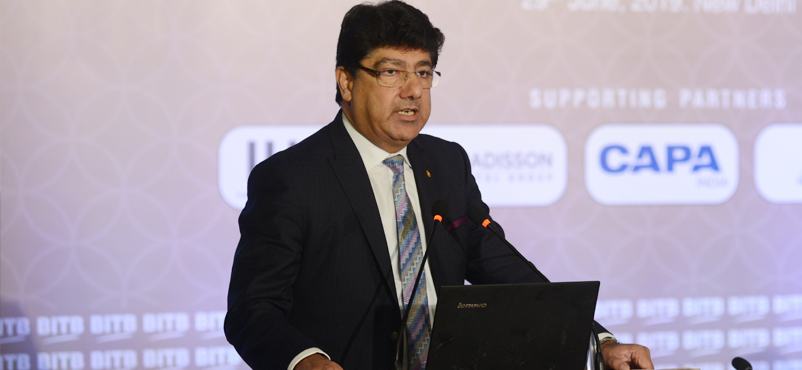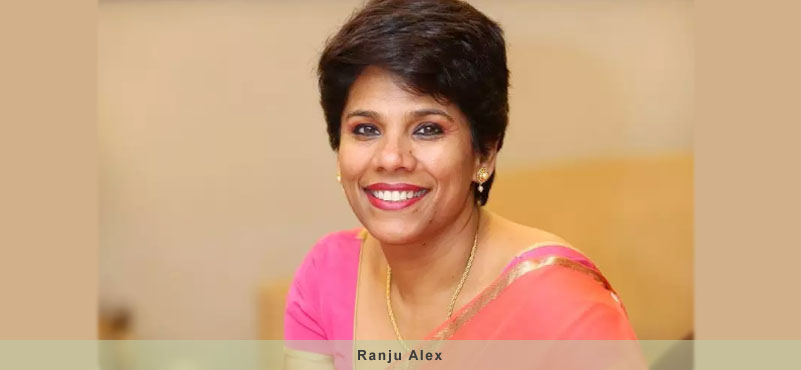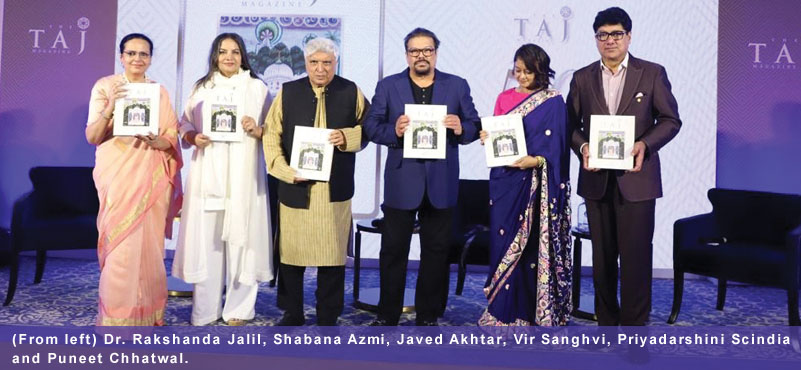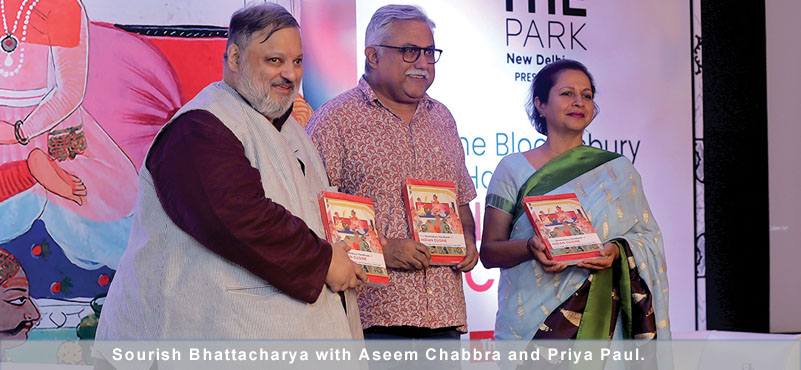Mr Chhatwal, MD & CEO, IHCL, was at his informative and assertive best at the recently concluded BITB Paryatan se Parivartan. He touched upon numerous issues impacting the growth of the hospitality sector, making a pitch for leaders to take a strong stand, noting that the industry could ill-afford to play the waiting game, expecting the government to make a move. He also asked the industry to stop its fixation with the foreign inbound and suggested that the domestic segment was going to drive the balance sheets for hotels, for the foreseeable future. Edited excerpts from his keynote address:
Leadership a prerequisite for Parivartan
Parivartan or transformation in the landscape was not possible without leadership and the industry needed to take the lead, without waiting for the government to do things, reflected Mr Chhatwal. Leadership, he believed, required a demonstration of unique qualities and unbridled articulation of concerns. “Leaders must speak their mind. As hospitality industry leaders, we must speak up on issues impacting our businesses,” he said, pointing out that an exorbitant taxation structure was “toxic” for the hotel industry and the business of tourism. Suggesting that the slab rates needed a considerable toning down, he also emphasized that the benefit needed to be passed onto hotels, and not to consumers alone. “We, in India, build the most expensive hotels in the world with the lowest possible ROIs,” he explained.
Incentivising hotel construction and destinations were necessary to boost the sector, he believed. “Prohibitive land cost needs to be revisited. Maybe, even count hospitality industry as a part of the infrastructure,” he said, suggesting possible interventions.
Fixation on FTAs misplaced
Mr Chhatwal expressed “astonishment” on the industry’s fixation on international inbound, highlighting that a vast majority of businesses would have wounded up if not for the revenue generated from domestic footfalls. “We would be dead if we relied only on international numbers,” he said, forecasting he did not see the trend changing in the foreseeable future. Given India’s offerings and fabric, the fixation on foreign tourism was even more alarming, he added.
Examining India’s standing as a tourist destination, especially as compared to some of the world’s most successful tourist countries, such as Singapore, Dubai and Hong Kong, he insisted that such comparisons with “islands of excellence” was unfair. “India is a vast country with so many states and a federal structure,” Mr Chhatwal reasoned. Tourism’s contribution to GDP in Europe was much more than in India, he said, adding that it was not a criticism of the prevalent scenario but an “opportunity” to be taken advantage of.
Jet Airways fiasco a double-whammy and has hurt the hotel business
That the Jet Airways fiasco has had a negative impact on the hotel business was an uncontested fact , Mr Chhatwal asserted. “It has been a negative development and there has been a drop in the number of room nights. Let us accept that reality,” he said, mincing no words. He asked the industry to look at the challenge rather than focusing on how much IndiGo or other carriers had gained from the development.
He argued that Indian destinations “were second to none” and connectivity was the bigger challenge which needed to be addressed. Connectivity and affordable tourism were “very important” and they encompassed not only air travel but equally trains, stations, buses and the larger gamut of surface transport, he said. He noted that there had been a visible improvement in the road infra and made a specific mention of Delhi-Agra Expressway and believed that more such highways were going to “certainly help” addressing the issue.
Why tourism matters
Mr Chhatwal made a strong case for tourism, stating that it helped in building nations, societies and cultures. “It helps in the growth of the country in all sectors, including infrastructure, tolerance and the society itself. We must not neglect that,” he stressed. Besides its intangible contributions, tourism generated serious revenue, Mr Chhatwal said, sharing that the sector accounted for as much as 10 per cent of the global GDP.
Enumerating pillars for the success of the hotel industry, he mentioned infrastructure, finance, ease of doing business and quality as key parameters. Making a note of India’s unique value proposition, he said that the country had the requisite workforce to provide services for tourism-related industries.




































